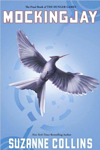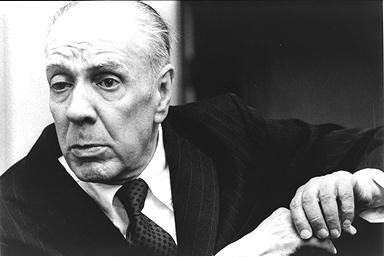
Search
Categories
Famous Authors
Top Selling Books

Book Home ![]() Books Information
Books Information ![]() The Garden of Forking Paths
The Garden of Forking Paths
The Garden of Forking Paths
 |
"The Garden of Forking Paths" (Spanish: "El Jardín de senderos que se bifurcan") is a short story by Argentine writer and poet Jorge Luis Borges. It was first published as the title story in the collection El Jardín de senderos que se bifurcan (The Garden of Forking Paths) in 1941; that collection was republished in its entirety in the 1944 collection Ficciones ("Fictions"). For a list of the contents of El Jardín de senderos que se bifurcan, see Ficciones. |
The story takes the form of a signed statement by an English professor named Dr. Yu Tsun who is living in the United Kingdom during World War I. Tsun is a double agent, however, a spy for the Germans, as he discloses in the first paragraph of his statement. As the story begins, Tsun realizes that the British officer pursuing him, Captain Richard Madden, is in the apartment of his fellow spy Viktor Runeberg and has presumably either captured or killed him. Tsun surmises that his own arrest is next. He has discovered the location of a new British artillery park and wishes to convey that knowledge to his German masters before he is captured, and hits upon a desperate plan in order to achieve this.
In passing, Tsun states that his spying was not for the sake of Germany, which he considers "a barbaric nation". Rather, he says, he did it because he wanted to prove to his German commander that an Asian man was intelligent enough to obtain for them the information they needed.
Taking his few possessions, Tsun boards a train to the village of Ashgrove, narrowly avoiding the pursuing Capt. Madden at the train station, and goes to the house of his close friend Dr. Stephen Albert. As he walks up the road to Albert's house, Tsun reflects on his great ancestor, Ts'ui Pen. As he explains, Ts'ui Pen, a learned and famous man, renounced his job as governor of a province in order to undertake two tasks: to write a vast and intricate novel, and to construct an equally vast and intricate labyrinth, one "in which all men would lose their way". Ts'ui Pen was murdered before completing his novel, however, and what he did write was a "contradictory jumble of irresolute drafts" that made no sense to subsequent reviewers; nor was the labyrinth ever found. Tsun describes his own experience of reading the unfinished novel: in the third chapter the hero dies, for example, yet in the fourth he is alive again.
He is interrupted in his musings when he arrives at the house of Dr. Albert, who himself has evidently been pondering the same topic. Albert explains excitedly that at one stroke he has solved both mysteries – the chaotic and jumbled nature of Ts'ui Pen's unfinished book, and the mystery of his lost labyrinth. Albert's solution is that they are one and the same: the book is the labyrinth.
Basing his work on the strange legend that Ts'ui Pen had intended to construct an infinite labyrinth, as well as a cryptic letter from Ts'ui Pen himself stating "I leave to several futures (not to all) my garden of forking paths", Albert realized that the "garden of forking paths" was the novel, and the forking took place in time, not in space. As compared to most fictions, where the character chooses one alternative at each decision point and thereby eliminates all the others, Ts'ui Pen's novel attempted to describe a world where all possible outcomes of an event occur simultaneously, each one itself leading to further proliferations of possibilities. (This idea is remarkably similar to the many-worlds interpretation of quantum mechanics, which was not proposed until over a decade after the writing of this story.) Albert further explains that these constantly diverging paths do sometimes converge again, though as the result of a different chain of causes; for example, he says, in one possible past Dr. Tsun has come to his house as an enemy, in another as a friend.
Though trembling with gratitude at Albert's revelation and in awe of his ancestor's literary genius, Tsun glances up the path to see Capt. Madden approaching the house. He asks Albert to see Ts'ui Pen's letter again; Albert turns to retrieve it, and Tsun shoots him in the back, killing him instantly.
Although Tsun is arrested and sentenced to death, he claims to have "most abhorrently triumphed", as he has successfully communicated to the Germans the name of the city they were to attack, and indeed that city is bombed as Tsun goes on trial. The name of that city was Albert, and Tsun realized that the only way to convey that information was to kill a person of that name, so that the news of the murder would appear in British newspapers associated with his name.